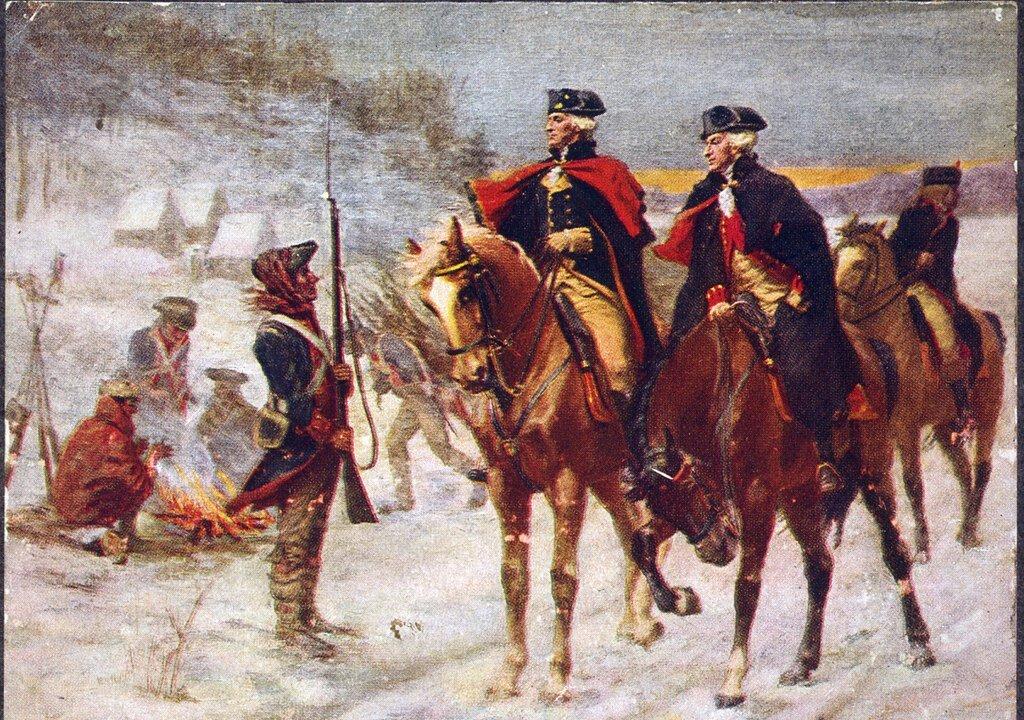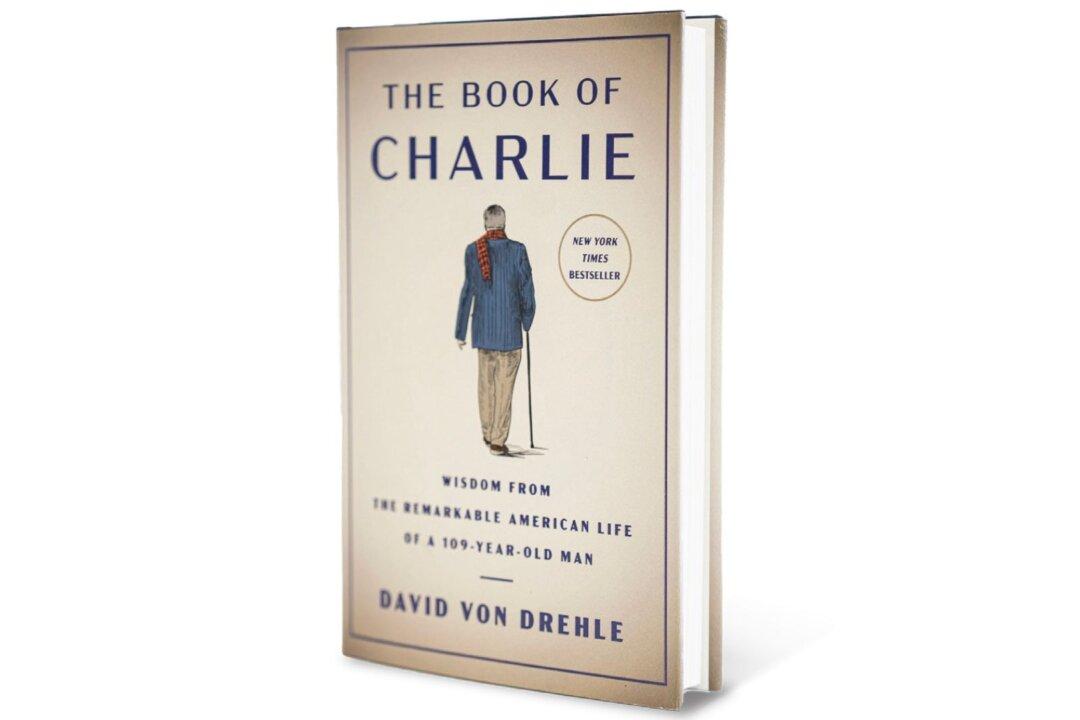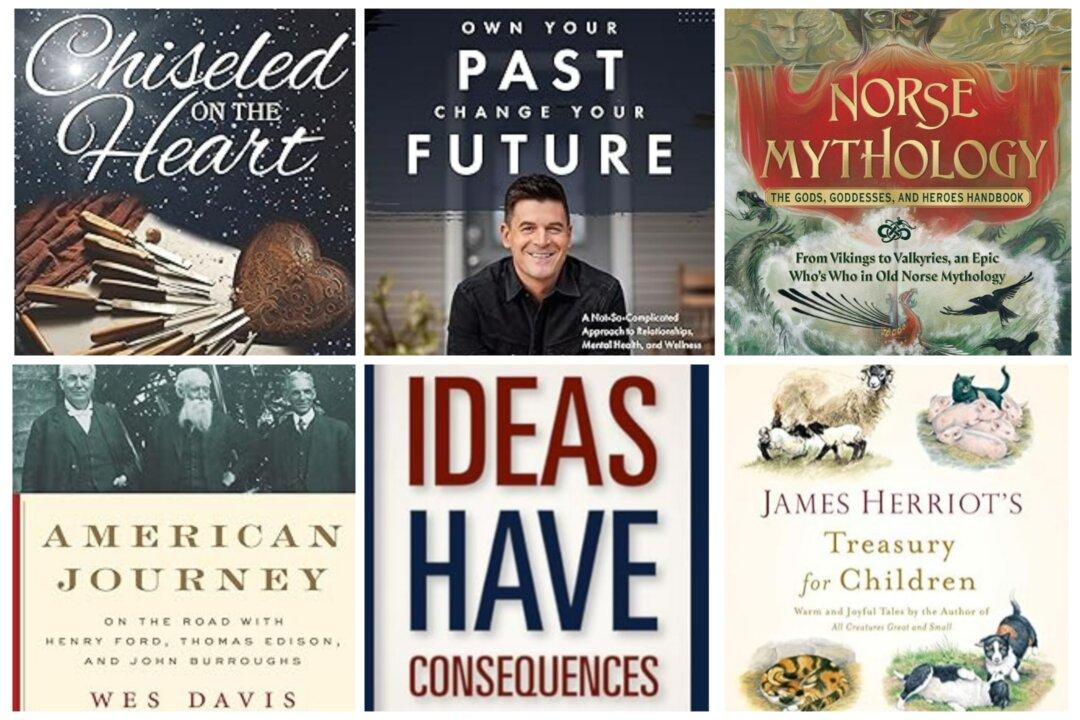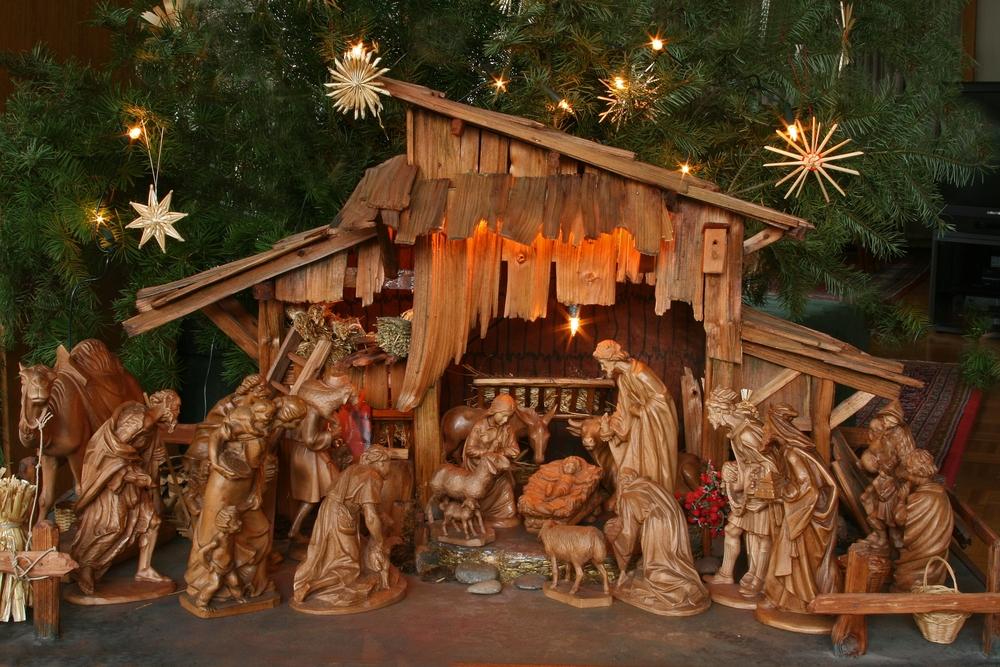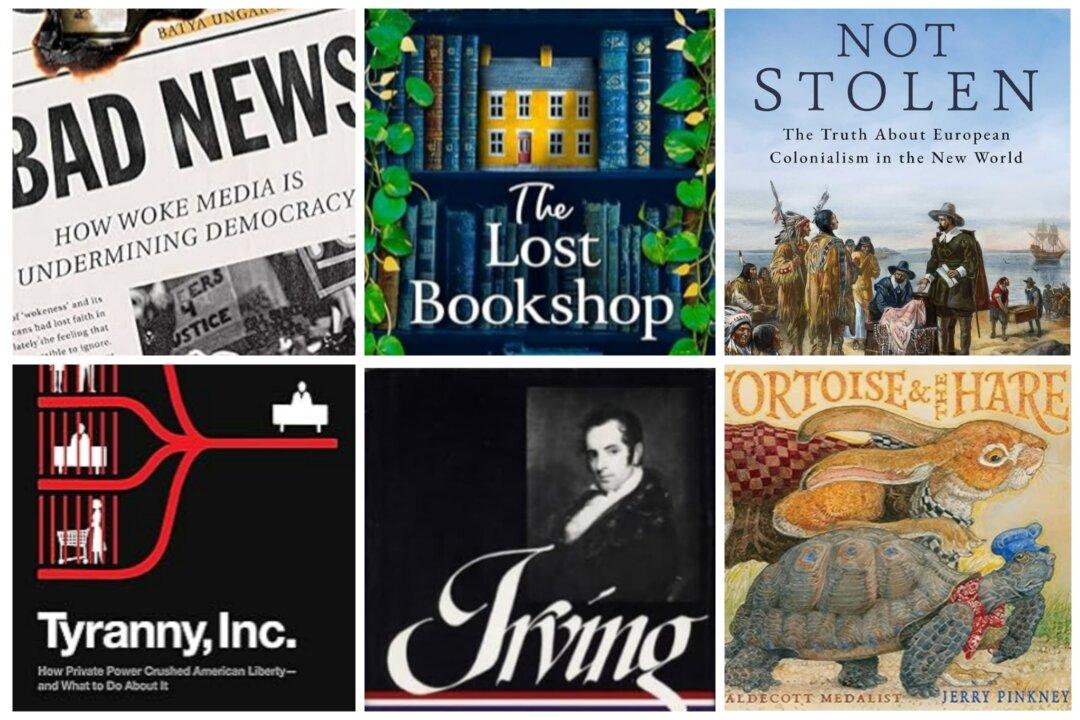As I finished the last pages of Peter Stark’s “Young Washington: How Wilderness and War Forged America’s Founding Father,” I could hear the distant bursts of fireworks—early celebrations for the Fourth of July. Very fitting as I closed a read capturing the early life of our nation’s first president.
I very much enjoyed (and reviewed for The Epoch Times) another of Stark’s books, “Astoria,” recounting the two-pronged expedition–one by land and the other by sea—to establish a city on the Pacific Coast near the Columbia River, spearheaded by businessman John Jacob Astor with the blessing of then President Thomas Jefferson. It was a harrowing narrative.

